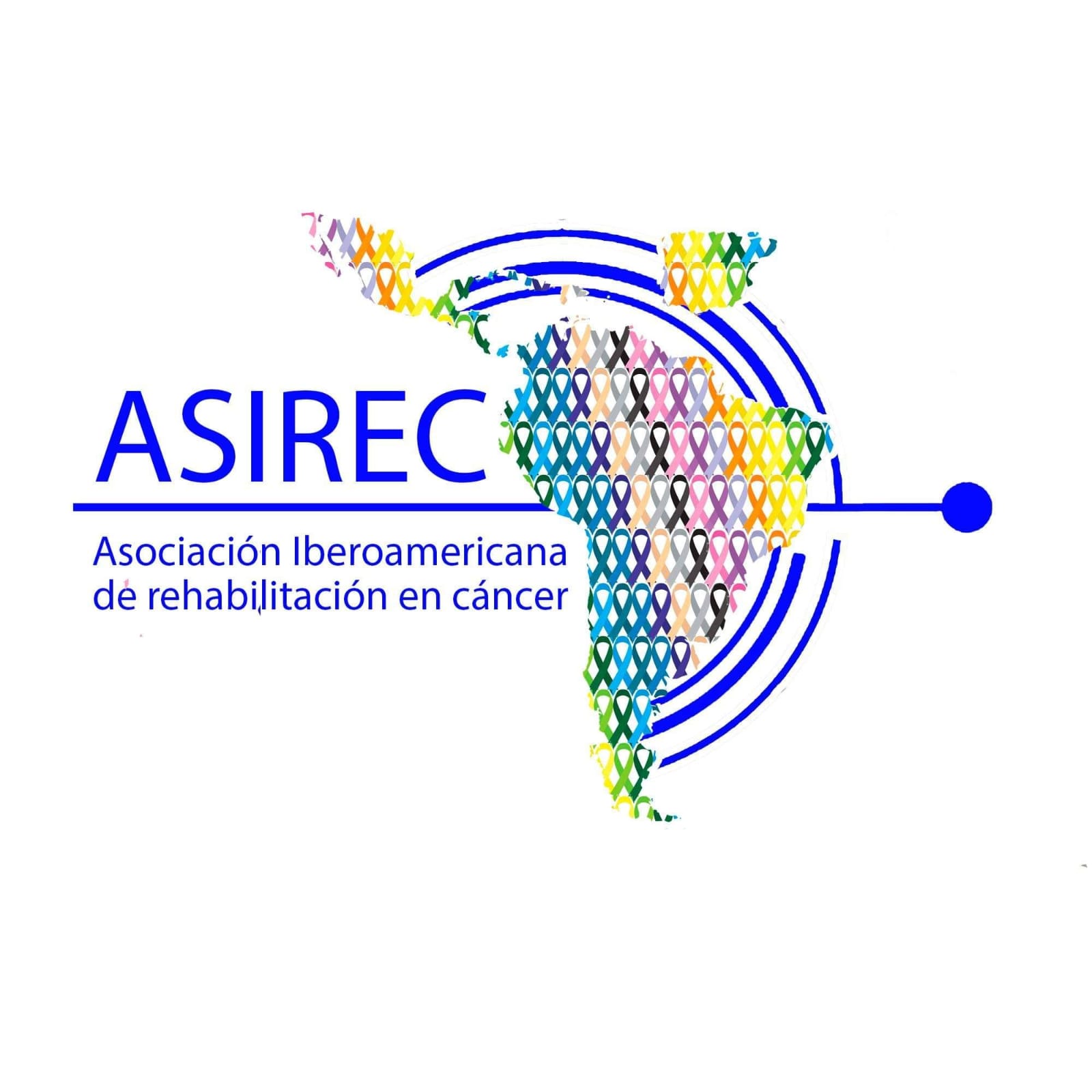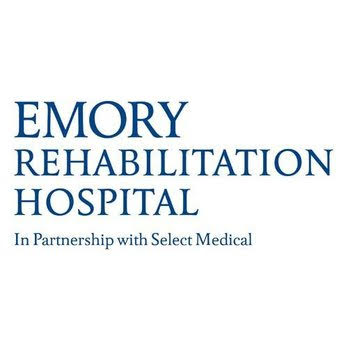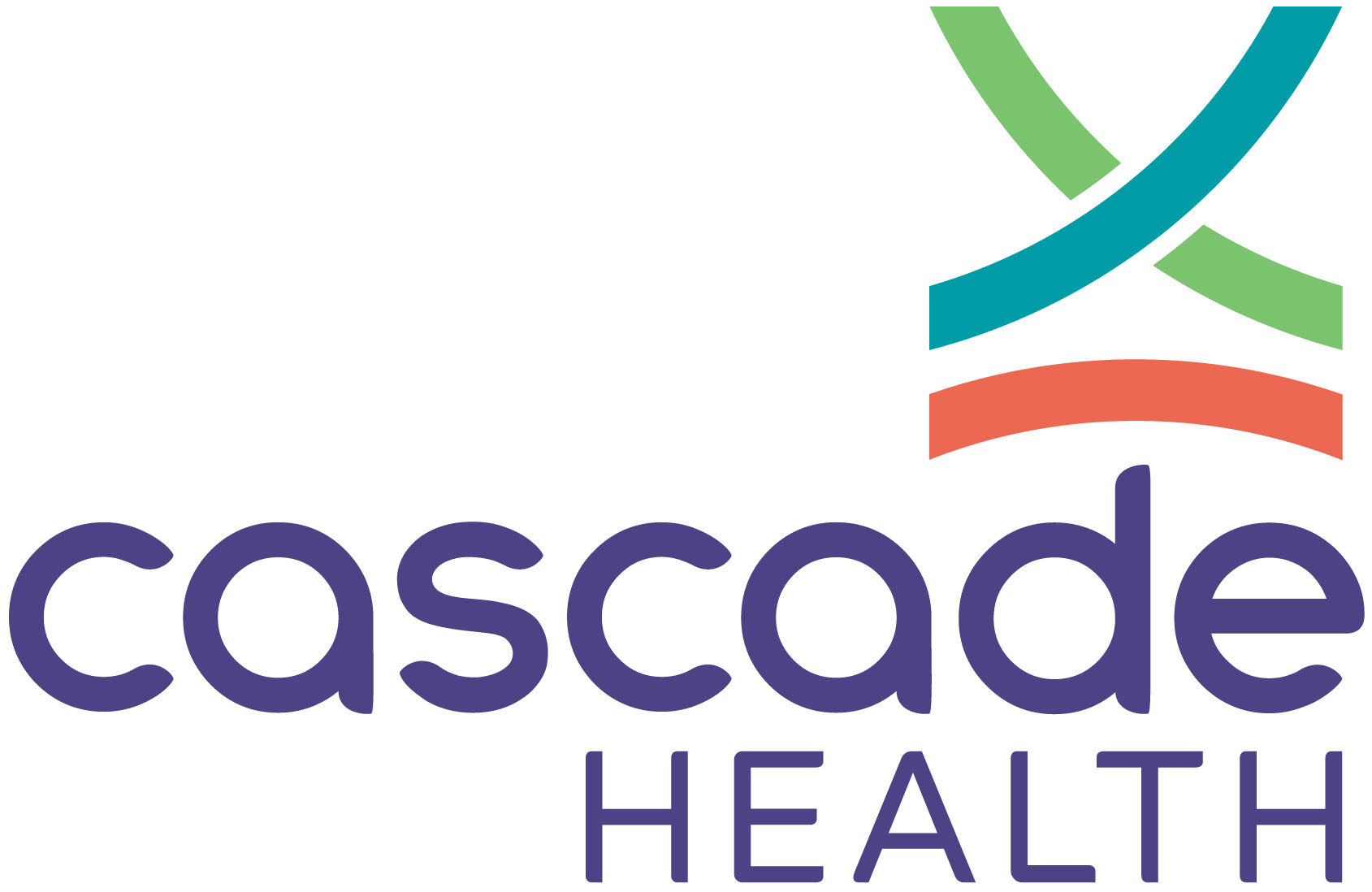Join us this June for International Cancer Rehabilitation Month and be part of a global movement for hope and healing.
Together, we can make a difference in the lives of millions of cancer survivors worldwide. Let’s work toward ensuring that every survivor has access to the care they need to live their best life.
GET INVOLVEWhy Cancer
Rehabilitation
Matters
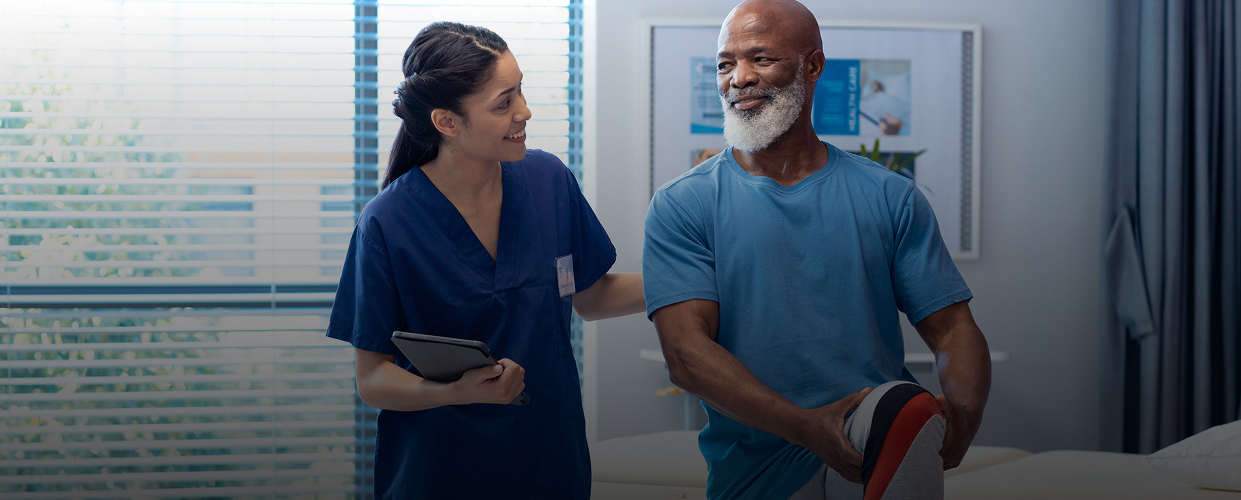
There are millions of people globally whose lives have been severely impacted by cancer. Cancer rehabilitation can help cancer survivors live their best lives by identifying and treating issues that interfere with their everyday functioning. Cancer Rehabilitation Month is about educating and empowering clinicians from all disciplines to better serve the cancer survivor community.
The Need for Action
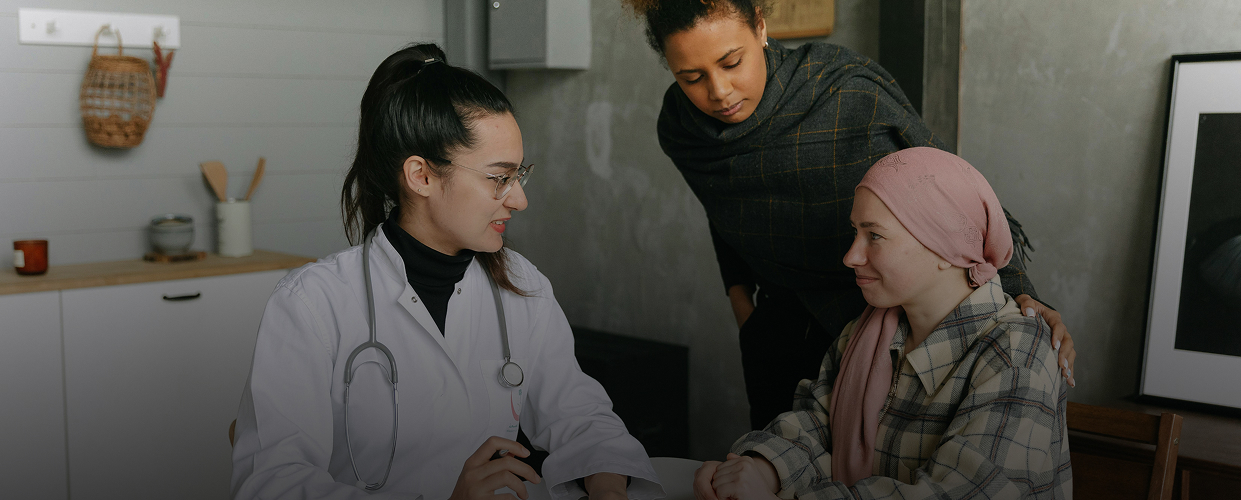
Much like early detection in cancer saves lives, timely access to cancer rehabilitation services can transform lives. International Cancer Rehabilitation Awareness Month focuses on three key goals: Awareness: Highlighting the importance of cancer rehabilitation and its impact on survivors' lives. Understanding: Educating survivors, families, and clinicians about the benefits of rehabilitation services. Access: Advocating for equitable access to high-quality rehabilitation care worldwide.
How You Can Make an Impact This June
International Cancer Rehabilitation Awareness Month is an opportunity for
everyone—survivors, families,
friends, clinicians—to take action.
Participation can be as simple or involved as you like! Every effort counts
toward raising awareness and
improving access to life-changing services.
Examples
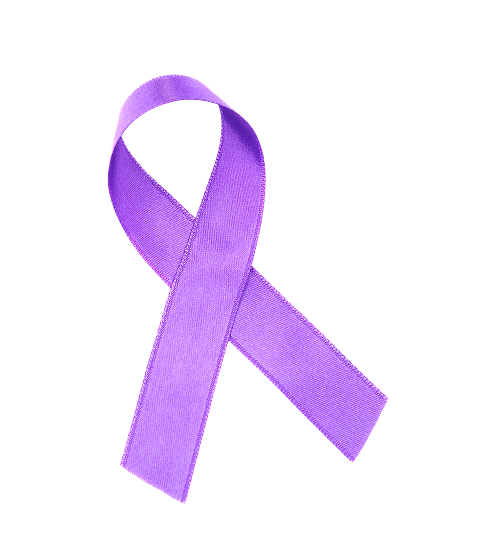
• Wear a ribbon: Show your support and share its significance with others.
• Create and distribute flyers and handouts that help cancer survivors and clinicians understand issues such as fatigue, pain, cognitive issues, lymphedema and other limitations.
• Market your cancer rehabilitation services to survivors who might need them.
• Tell your doctor you may benefit from cancer rehabilitation
• Give a presentation – or series of presentations – to your colleagues and/or patients discussing the issues cancer survivors face and how you can help them.
• Organize an event: Host a Cancer Rehabilitation Awareness Month Fair featuring activities such as:
- • Single leg stance
- • Hand grip strength
- • Timed up and Go
- • Functional reach
- • 2-minute step test
- • 3 oz water test
- • Mouth opening
- • EAT-10 swallowing screening tool
- • Administer The PROMIS (Patient-Reported Outcomes Measurement Information System) questionnaire
By participating in these activities, you can help
raise awareness about the transformative
power of
cancer rehabilitation.
Join Us This June!

What is Cancer Rehabilitation?
Cancer Rehabilitation is a process that restores function and quality of life to cancer survivors. Rehabilitation is often needed before and during cancer treatment and may be helpful years after cancer treatment has been completed. Patients with active or terminal cancer can also benefit from cancer rehabilitation.
Who Can Benefit from Cancer
Rehabilitation?
Cancer rehabilitation is designed to address a wide range of
conditions that affect survivors’ everyday
lives:
- Fatigue
- Pain
- Lymphedema (swelling)
- Decreased endurance
- Poor balance
- Decreased range of motion
- Weakness
- Difficulty walking
- Neuropathy (numbness in feet or hands)
- Difficulty swallowing and communicating
- Bowel and bladder dysfunction
- Limb loss
- Spasticity
- Memory problems
Who provides Cancer Rehabilitation?
Because the needs of cancer survivors are complex, there are many types of clinicians that
provide services
depending on the unique needs of an individual patient.

Cancer Rehabilitation Physician
- ▪ Diagnose the specific cause of a given issue or issues.
- ▪ Order and interpret laboratory, imaging, and other tests
- ▪ Prescribe medications to manage pain and other functional issues
- ▪ Perform injections
- ▪ Order and monitor therapy
- ▪ Refer to other clinicians as needed

Physical Therapist
- ▪ Fatigue
- ▪ Pain management
- ▪ Neuropathy
- ▪ Lymphedema
- ▪ Range of motion and flexibility
- ▪ Strength and endurance
- ▪ Balance and mobility

Occupational Therapist
- ▪ Activities of daily living
- ▪ Functional independence
- ▪ Fatigue
- ▪ Pain management
- ▪ Cognitive impairment
- ▪ Work and community reintegration
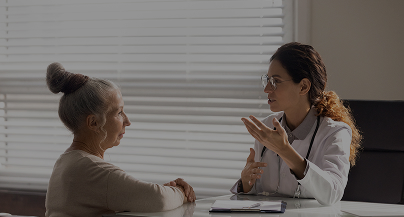
Speech Language Pathologist
- ▪ Swallowing
- ▪ Voice and communication
- ▪ Cognitive impairment
- ▪ Breathing
- ▪ Pain management
- ▪ Lymphedema
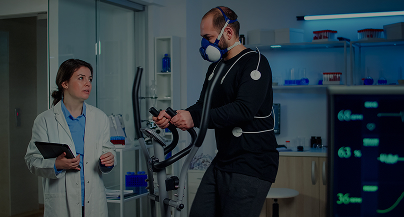
Exercise Physiologists
- ▪ Fatigue
- ▪ Muscle strength
- ▪ Bone Health
- ▪ Endurance

Nutritionists
- ▪ Appetite
- ▪ Nutrition
- ▪ Weight management
- ▪ Food choice
- ▪ Hydratation

Social Workers
- ▪ Psychosocial assessment
- ▪ Emotional support
- ▪ Identify and address barriers
- ▪ Family support
- ▪ Access to resources
- ▪ Advocate for patients
- ▪ Education
- ▪ Stress management

Nurses
- ▪ Patient assessment
- ▪ Care planning
- ▪ Symptom management
- ▪ Education and counseling
- ▪ Support rehabilitation interventions

Psychologists
- ▪ Psychological assessment
- ▪ Diagnose mental health conditions
- ▪ Assess cognitive impairments
- ▪ Provide individual and group therapy
- ▪ Develop coping strategies Facilitate communication
- ▪ Promote self-care
- ▪ Address psychological distress
- ▪ Support family members
- ▪ Help with vocational adjustment
Available Handouts
Choose from our available handouts on a variety of topics to
download, print, and/or share helpful, handy
information.

Get Involved
Contact us for more information on how to get
involved this Cancer Rehabilitation
Month.






